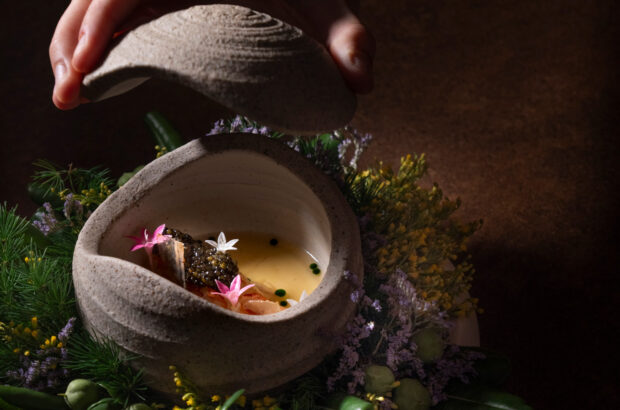The future direction of the appellation controllée (AOC) system in France, which dates back to the 1930s, is the subject of increasingly fierce debate, with many producers both inside and outside the system calling for its overhaul.
AOC rules are ‘too far from their origins’
‘The AOC system has become an economic tool instead of a safeguard of our terroir,’ said Geneviève Teil, a researcher for INRA, the French national agricultural research institute.
‘AOC rules are getting too far away from their origins. Regulations allow agricultural practices that destroy vineyards, such as the use of phytosanitary products on the vines that disrupt biological balance, and allow yields that are far too high, diluting the terroir’s expression. Commerce and politics are replacing quality concerns.’
At the heart of the argument are producers whose wines have been rejected from the AOC by the tasting committee that oversees the right to use the term on a wine label.
Wines are checked across a number of criteria; most obviously for faults such as volatile acidity, but also the more difficult to define idea of non-typicity to a specific AOC. In the Gironde (Bordeaux) region alone in 2011, 10,000 samples were tested and 17% were flagged up as potentially problematic.
These ranged from minor faults (12%) to major faults (4.5%) to critical (0.5%). Minor faults result in a warning, and critical faults are withdrawn from sale. Major faults, in contrast, can either be appealed by the producer, or still sold, but within the Vins de France category, not AOC.
Many of the producers who have been rejected from AOC – a group known as ‘Les Refusés’ – believe they are suffering not from their own winemaking issues, but a wider problem within the AOC system.
‘There are only a small number of wines refused for technical quality issues,’ says Teil. ‘Instead most fall outside of what is deemed typical’.
‘The problem is that many modern winemaking techniques have clouded the idea of what is typical,’ Teil says. ‘New oak is used to sweeten up the taste and add a touch of vanilla spice, cultivated yeasts encourage certain aromas over other ones. The way that we decide what constitutes quality and typicity has to be drastically redefined.’
Written by Jane Anson in Bordeaux







